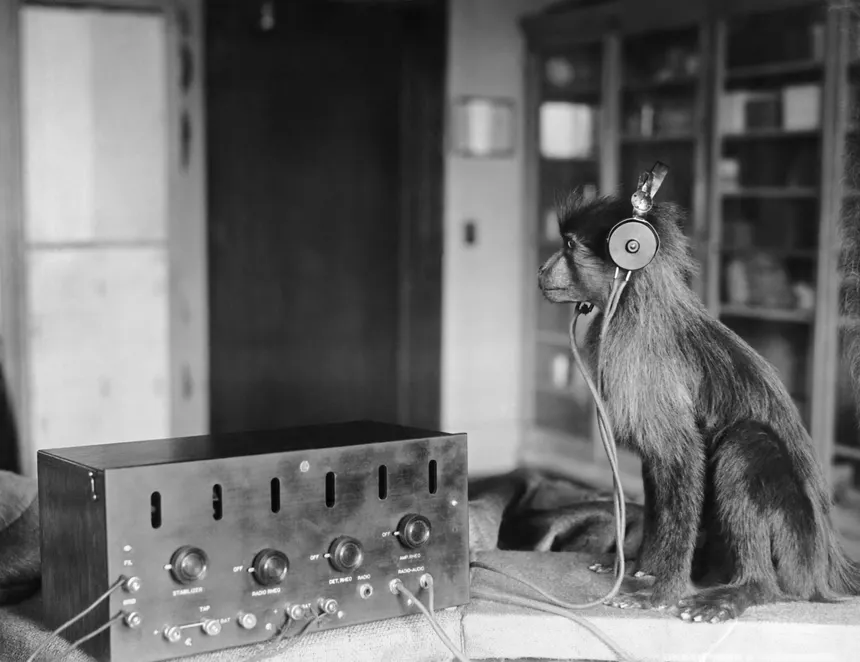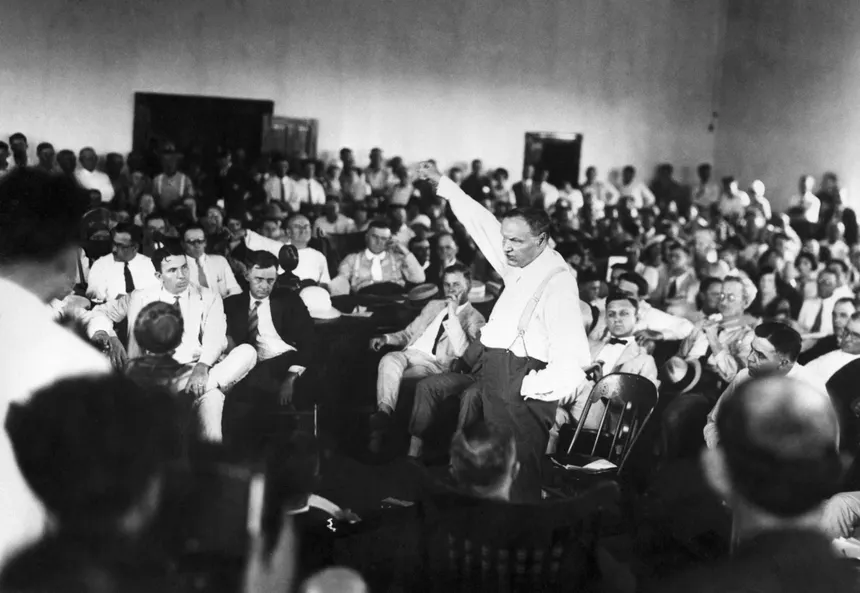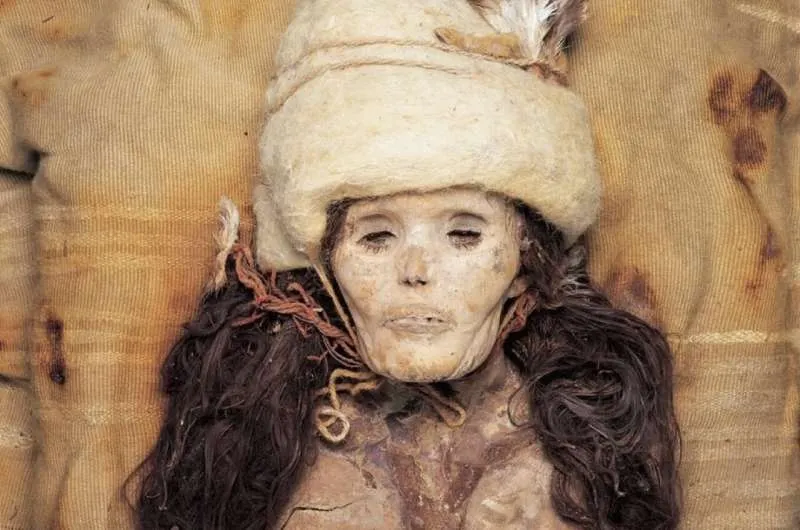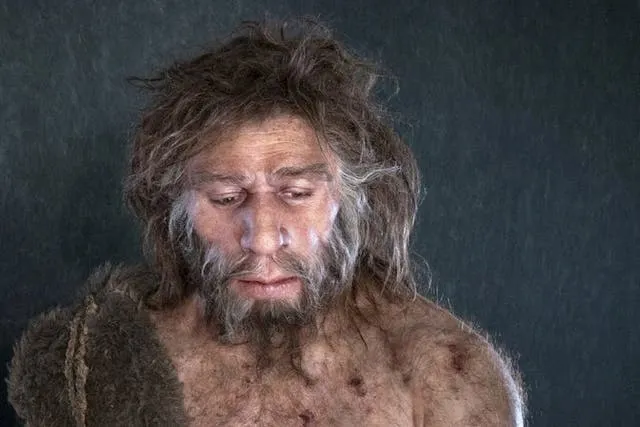“Monkey Business in the Courtroom: The Scopes Trial and America’s Battle Over Evolution”

Introduction: A Clash of Ideas in a Changing America
In 1925, a quiet Southern town became the center of one of the most dramatic courtroom showdowns in American history. The Scopes Trial, also known as the “Monkey Trial,” was not merely about one man’s guilt or innocence. Instead, it became a symbolic battle between science and religion, tradition and modernity, and rural and urban values in early 20th-century America.
The Context: The Rise of Fundamentalism and Modern Science
The 1920s were a decade of change. As cities grew and scientific discoveries reshaped the world, a cultural divide opened between modernists—who embraced evolution, psychology, and secular education—and Christian fundamentalists, who insisted on the literal truth of the Bible, including the Genesis creation story.
To counter what they saw as a moral decline, several Southern states passed laws banning the teaching of Charles Darwin’s theory of evolution. In Tennessee, this came in the form of the Butler Act, passed in March 1925, which prohibited public school teachers from denying the Biblical account of mankind’s origin.
Enter John T. Scopes: A Teacher in the Crosshairs
John Thomas Scopes, a 24-year-old high school science teacher in Dayton, Tennessee, wasn’t a crusader or political agitator. But when the American Civil Liberties Union (ACLU) offered to defend anyone who would challenge the Butler Act, Dayton’s local business leaders saw an opportunity: turn a court case into national publicity for their town.
Scopes agreed to be arrested for teaching evolution using a state-approved textbook that included Darwin’s theories. He was formally charged with violating the Butler Act, and the trial was set for July 1925.

The Trial of the Century: Bryan vs. Darrow
What elevated the trial into national spectacle were its celebrity lawyers:
- William Jennings Bryan, a three-time presidential candidate and staunch Christian fundamentalist, joined the prosecution. He saw the trial as a moral battle to defend faith.
- Clarence Darrow, America’s most famous defense attorney and a committed agnostic, took up Scopes’ defense to challenge what he saw as religious oppression and intellectual backwardness.
Held in a steamy courthouse with crowds spilling outside and radio broadcasts transmitting the proceedings nationwide (a first in U.S. history), the trial quickly transformed into a cultural circus.
The Arguments: More Than a Legal Case
Though ostensibly about one teacher’s curriculum, the trial became a debate over education, free speech, science, and the role of religion in public life.
- The prosecution argued that Scopes had clearly broken the law.
- The defense argued that the law was unconstitutional, unscientific, and harmful to education.
One of the most dramatic moments came when Darrow called Bryan to the stand as an “expert” on the Bible. Under intense questioning, Bryan admitted that some Biblical passages might not be literally true. This exchange weakened the prosecution’s moral authority in the eyes of many listeners.
The Verdict and Aftermath
After eight days of courtroom drama, the jury found Scopes guilty, and he was fined $100. However, the verdict was later overturned on a technicality, and no further trial occurred.
But the real impact of the trial was not legal—it was cultural.
Legacy and Cultural Impact
- The Scopes Trial marked the beginning of a long struggle between religious fundamentalism and secular education in the United States.
- It galvanized both sides: evolution advocates saw it as a blow against ignorance; fundamentalists felt their values were under siege by urban elites and media mockery.
- The trial inspired plays, films (like “Inherit the Wind”), books, and countless debates, ensuring its place in the national memory.
- Though anti-evolution laws remained on the books for decades, the trial sparked wider acceptance of teaching evolution, especially in higher education.
Conclusion: More Than Just a Trial
The Scopes Trial was not just a legal battle—it was a mirror held up to American society at a crossroads. It reflected a nation torn between faith and reason, small-town values and modernist ideas, and legal conformity versus academic freedom.
Nearly a century later, its echoes still shape debates over science education, religious freedom, and the meaning of truth in public discourse.





